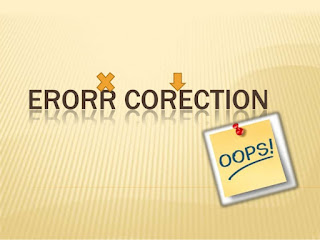Response of Christ
We have been looking at
John 5, specifically the healing of the lame man at Bethesda. We come now to Jesus' action in
verse 8:
5:8a Jesus said to him,
5:8b "Get up,
5:8c pick up your pallet
5:8d and walk."
Observations
5:8a
When asked in verse 6 if he wanted to be healed,
the man responded with a non answer in verse 7, rather he just told Jesus what he was trying, and failing, to get well. Jesus does not respond with an evaluation or rebuke of the man’s means nor does He point out that what he said was not responsive to His question. He simply speaks. His direction is short, almost terse, consisting of three commands.
5:8b
The first command is "get up". The Greek mood is imperative, this is not a request, it is a command. There is no preamble, no acknowledgement of the man's response, no question about his faith, no question about his understanding of who is talking to him, just, "get up." The Greek tense is present, in this context Jesus, is telling him to do this now. There is no need to wait for a stirring of the water, no need for a man to carry him to the water, the Man is telling him now is the time, "get up." Jesus commands him to do what he has been unable to do for 38 years, "get up," but that is not all.
5:8c
Jesus' second command, "pick up your pallet," is astounding. If you have small children, or have ever watched a child learn to walk, you know that standing is not a trivial accomplishment, much less standing, bending over, picking something up, and then straightening back up, to balance with not only your body but the object retrieved. To pick up the pallet he would have to balance on legs that he had not used for 38 years, bend over, pick up, and stand up. Muscles that had not been used for 38 years had to work as if they had been working together seamlessly, with the proper muscle memory. This was no small command. The implication is that the healing was comprehensive, giving the man not only physical healing but also coordination, balance, and muscle memory.
5:8d
The third command, "walk," is also a shock. Again this is not a skill the man had while laying by the pool for the last several years. Standing is just the first part of walking. I have watched all four of my kids and now my grandkids fall multiple times before taking one step after learning to stand. It is not automatic to begin to walk from a standing position. This again is emphasis on the comprehensive nature of Jesus' healing of this man.
Implications
The implications of Jesus' response to this man are staggering. This is not about the man. This is about Christ. The focus is completely on the creative ability of Jesus. He creates in the man with three words, both the physical healing and the ability to use the healed body as if there was never any impairment.
In contrast to the man's failed effort to heal himself by beating others into the pool. This is a clear example of the power of Christ not only to heal but to restore. There is nothing the man added. No effort, no faith, no request, not even a knowledge of who was commanding him to stand, pick up, and walk. Jesus came to him. Jesus initiated the conversation. Jesus did not condemn nor correct his approach to fixing himself. He just healed him.
We serve and worship an incredibly gracious and giving God.
Posts in this series:
Intentional Focus
"Strange" Question
Non-Answer
 How Did Go?
How Did Go?

















